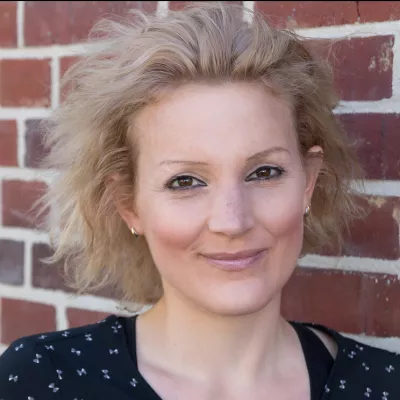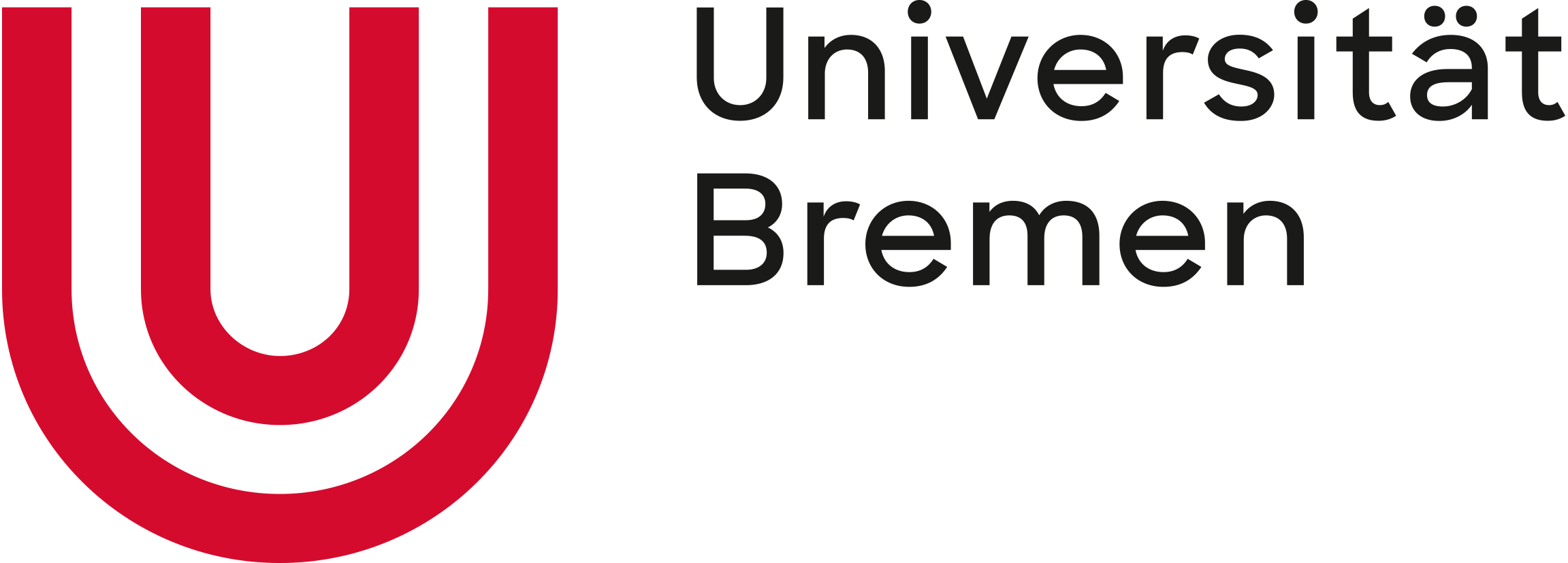FIS Forum and Social Policy Biennale 2024
FIS Forum and Social Policy Biennale 2024: Lost in Social Policy? Research for an Integrated Welfare State
06.-08.11.2024 / Berlin, GLS Campus
Thematic focus
Social policy today is characterized by rapid changes in individual fields, pressure on public administration and a plethora of social benefits and social infrastructures that are difficult to navigate for those entitled to them. The resulting fragmentation of social policy as well as the interdependencies in provision and the problems of coordination between different policy areas are increasingly seen as a challenge for adequate service provision and for the overall acceptance of the welfare state. Social policy research has certainly addressed these issues and presented work on interdepartmental and cross-level cooperation in policy formulation, user-friendly administrative structures, digitalization, and coordination management – mostly for selected areas of social policy or specific coordination problems. However, there is still a lack of overarching concepts on how to organize social policy in a way that promotes participation and ensures customized and easier access to benefits, services and infrastructure for citizens and at the same time, simplifies administrative processes and improves cooperation between the many actors involved in social policy.
Against this background, this year’s FIS Forum and Social Policy Biennale invited research inputs aimed at designing better-integrated social policy – ensuring not only adequate service provision but also enhancing cooperation and accessibility from the perspectives of practitioners, policy-makers, citizens, and administrators.
FIS Forum

The FIS Forum on days 1 and 2 brought together research, politics, and civil society from the field of German social policy. Therefore, the event had a national focus, and the conference language for the plenary sessions and most panels was German. However, this year we also offered three English-language sessions:
Panel 1: Challenges of the Modern World of Work (November 6, 2:30 – 4:00 p.m.
Panel 5: Social Conflicts and Social Policy (November 7, 9:15 – 10:45 a.m.)
Panel 9: Various Perspectives on Basic Income Support in Germany (November 7, 2:40 – 4:10 p.m.)
Additionally, the poster session on November 7 featured several English-language posters, showcasing interesting research findings as well as information about the DIFIS International Guest Researcher Programme. You can find the flyer for the poster session here.
Last but not least, DIFIS welcomed everyone at the conference dinner on November 6.
Social Policy Biennale
The Social Policy Biennale on November 8 broadened the scope of the conference, focusing on international and comparative topics of social policy research. Here, the conference language was English, and several renowned international colleagues participated in the discussions and presented their findings.

Keynote by Anke Hassel (9:25-10:25 a.m.)
Anke Hassel is Professor of Public Policy at the Hertie School. From 2016 to 2019 she was the Scientific Director of the WSI at the Hans Böckler Foundation. Anke Hassel has international experience and scientific expertise in the fields of the labour market, social partnership, codetermination and the comparative political economy of developed industrial nations. She delivered a keynote on the topic of 'Social Investment, Social Cohesion, and a Strong Labour Market as the Foundations of an Integrated Welfare State' at this year's Social Policy Biennale.
Round-table discussion “Social Policy from an intersectional perspective: Why, how and by whom?” (10:30 a.m.-12 p.m.)
The welfare state not only absorbs but also creates social inequalities. While originally class-related analysis of social inequalities (Esping-Andersen 1990) have been supplemented by gender from early on (Lewis 1992, Orloff 1993), this only applies marginally to migration and race. However, intersectional perspectives on social policy research especially in Great Britain have underlined the significance of race, ethnicity and migration for the formation of welfare states since the early 1990s (Williams 1995; Ginsburg 1992) – arguments and criticism that was hardly integrated in German-speaking research. The round-table discussion “Social Policy from an intersectional perspective: Why, how and by whom?” took up the necessity of intersectional social policy analyses and asks I) which current omissions in science and politics can be avoided, II) how intersectional analyses can be applied and III) which actors are particularly relevant for such research and policies.
Chair: Katrin Menke (Ruhr-Universität Bochum)
Panelists:
Duygu Bräuer (DaMigra – Dachverband der Migrantinnenorganisationen, Umbrella Association of Migrant Women Organizations)
Julia Lux (Institute for Social Work and Social Education)
Niels Spierings (Radboud University Nijmegen)
Fiona Williams (University of Leeds)
Round-table Discussion „The far right and social policy: international perspectives” (12:15-13:30 p.m.)
We find ourselves in a super election year, with the EU elections, state elections in Thuringia, Saxony, and Brandenburg, as well as the U.S. election just three days before the FIS-Forum and Social Policy Biennale 2024. Far-right parties (such as the AfD, Rassemblement National, or the Republicans under Trump's leadership) are gaining voter share or are forecasted to do so. The round-table discussed the impact of far-right parties, both inside and outside of government, on social policy across Europe and North America, as well as the counterstrategies of governments and civil society. The discussion started with an introductory input by Philip Rathgeb.
Panelists:
Daphne Halikiopoulou (University of York)
Heidi Gottfried (Wayne State University)
Philip Rathgeb (University of Edinburgh)
Programme of this year's FIS Forum and Social Policy Biennale 2024
You can download the programme here. PDF
PDF
Flyer for the poster session
On the second day of the FIS Forum (Nov 7) there was a poster session. You can download the flyer here. PDF
PDF

Tina Groll is a full-time editor at ZEIT ONLINE and in her journalistic work she focuses in particular on the topics of work and social affairs, pensions, care, health economics and tax law. In addition, she is also active as a moderator of specialist events.
If you have any questions on this year's FIS Forum and Social Policy Biennale 2024 please contact Dr. Anna Hokema at info@difis.org.










